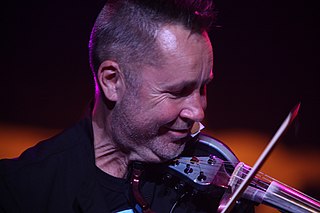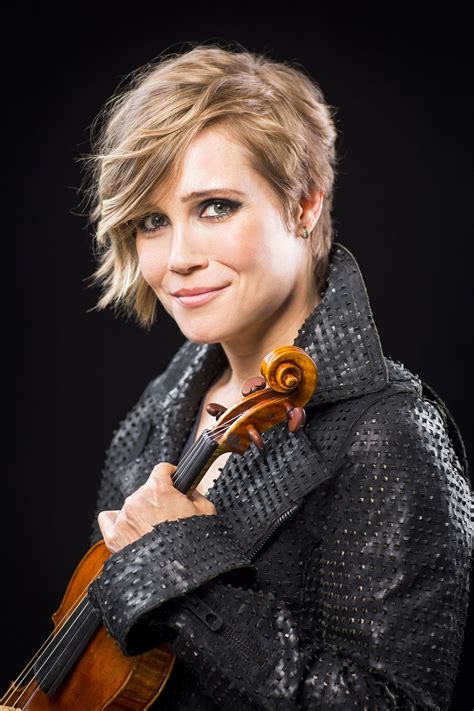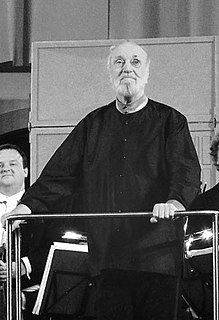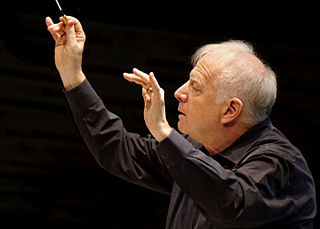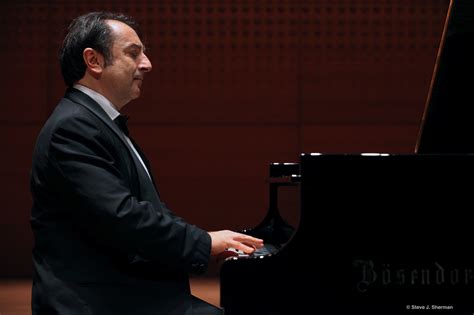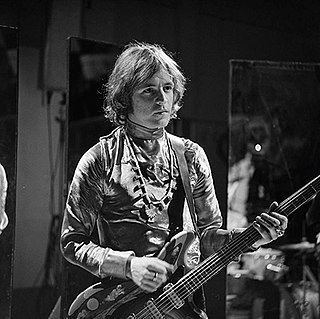A Quote by Joshua Bell
Every orchestra is different. Sometimes, you're blown away by a particular musician. If I'm playing the Brahms concerto, it's crucial to have a great oboe player, because we work in tandem.
Related Quotes
I got to perform the [Jaques] Ibert Concertino Da Camera with a brilliant pianist at school named Chunga. I got to perform the [Alexander] Glazunov Concerto in senior year with our school orchestra and the Jewish Grossman orchestra. I won a scholarship from the Goldman band to perform the [Paul] Creston Concerto. Which I never played with them, but they still gave me the money.
...stories about [the German composer Johannes] Brahms's rudeness and wit amused me in particular. For instance, I loved the one about how a great wine connoisseur invited the composer to dinner. 'This is the Brahms of my cellar,' he said to his guests, producing a dust-covered bottle and pouring some into the master's glass. Brahms looked first at the color of the wine, then sniffed its bouquet, finally took a sip, and put the glass down without saying a word. 'Don't you like it?' asked the host. 'Hmm,' Brahms muttered. 'Better bring your Beethoven!'
Comedy is more difficult than drama. I think it's really difficult to make someone laugh because people have very different comedic sensibilities. In drama, you can get away with being a great actor and surrounded by great actors and having good writing. But in comedy you have to listen and you have to perform with a certain rhythm, because if you don't, it's like playing a wrong note in the orchestra and you can hear the off key and it will fall flat and you won't get that instant response.
The life of any musician really doesn't fall into a normal schedule at all. Every week there are different rehearsals, different days and nights of performances, so we don't have a particular pattern that we can follow. For a conductor, it is a little bit worse because we have to allow for traveling.
I think people who basically do one thing like Eric Clapton is great. But I've always enjoyed playing different kinds of music and playing with different kinds of musicians because I find that really interesting, like learning and working with Kip Hanrahan. There's a great conga player called Milton Cardona and he taught me a lot of the nuances, he's a Santeria Priest and so he knows his onions as it were.



